Local SEO – Can your customers even find you?
Local SEO (Search Engine Optimization) is the process of optimizing websites for local search results. It involves optimizing on-page elements such as title tags, meta descriptions and keywords, as well as making sure that the website is properly indexed by search engines. Local SEO also involves building a strong online presence through citations, directory listings and reviews.
Local SEO is important for any business that wants to be found in local searches. Research has shown that more than half of all searches now have a local intent, and this number will only continue to grow. By optimizing for local search results, businesses can increase their visibility in the area and drive more traffic to their website. Additionally, having a strong local SEO presence helps to improve a website’s overall ranking in the SERPs (Search Engine Results Pages). By optimizing for local searches, businesses can ensure that they are appearing at the top of search engine results and getting maximum visibility. Ultimately, local SEO can help businesses grow their customer base, generate more leads and increase sales.
Why Do I Need SEO?
Search engine optimization (SEO) can offer numerous benefits to local businesses, especially those who are looking for more customers. By optimizing your website and content for search engines, your business can increase its visibility and attract more potential customers on the internet.
Local SEO is an effective way to target potential customers within a specific geographic area, which can be beneficial for businesses that serve customers in a limited area. Local SEO can help you reach out to potential customers close to your business location, which makes it easier and more efficient for them to purchase products or services from you.
Using local SEO tactics such as optimizing content with targeted keywords and phrases, providing relevant contact information on the website, and encouraging customers to leave reviews on popular review sites can help your business rank higher in local search results. This will make it easier for potential customers to find you when they are searching for a specific product or service that you offer. Additionally, by optimizing your website and content with local SEO techniques, it will be easier for search engines like Google to understand your location and target local customers in your area.
SEO FAQS
Q: How long will it take for me to rank?
A: SEO is a long-term strategy and it can take anywhere from 3 to 6 months for your website to start ranking on search engines. The length of time depends on how much time and effort you put into SEO optimization, the quality of your content, and the competitiveness of the keyword phrases you are targeting. It is important to note that even after your website ranks, it’s important to keep up with SEO tactics in order to maintain those rankings.
This may include regular content updates, link building, and other optimization techniques. Additionally, there are many factors that can influence the time it takes for your site to rank including domain authority, page loading speed, and proper use of keywords. In order to increase the visibility of your website and ensure that it ranks quickly, focus on creating high-quality content and optimizing elements such as title tags and meta descriptions.
Additionally, link building should be a priority in order to get other sites to point back to yours which will help boost your page rankings. Ultimately, SEO takes patience and consistency, but with the right strategy and effort, you are sure to see results in due time. Ready to chat?
Q: What’s the difference between SEO and Pay-per-Click (PPC)?
A: Search engine optimization (SEO) and pay-per-click (PPC) advertising are both digital marketing strategies that have the same goal of driving traffic to a website and boosting sales. However, there are some key differences between these two approaches.
SEO is an organic approach to driving more visitors to your website from search engines such as Google, Yahoo, and Bing. It involves optimizing the content on your website to be more relevant for certain keywords so that search engine algorithms can find it more easily. SEO also involves building up links from other websites back to yours in order to boost its authority in the eyes of search engines. This approach is great because it’s free, but the downside is that it can take a while to see results.
On the other hand, PPC is a paid form of online advertising where you pay for each click on your ad. It involves creating ads and targeting them to certain keywords or audiences in order to drive more visitors to your website. With PPC, you can get results much faster than with SEO, but it also requires you to invest in the ads themselves.
Overall, both SEO and PPC have their advantages and disadvantages. It’s important to weigh your options before deciding which strategy is best for your business. Understanding the differences between these two approaches can help you make a more informed decision and achieve success with your digital marketing efforts.



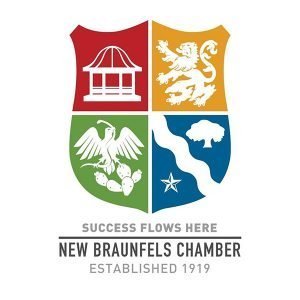
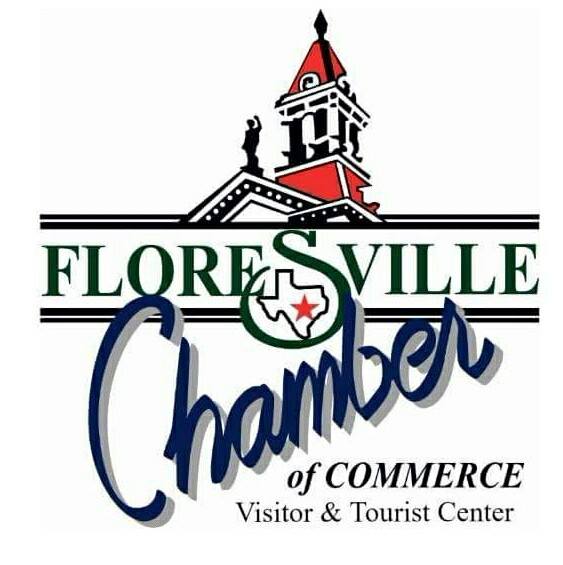

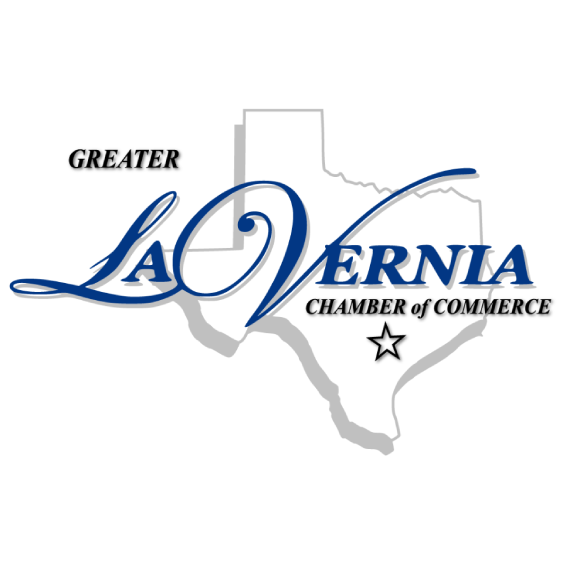
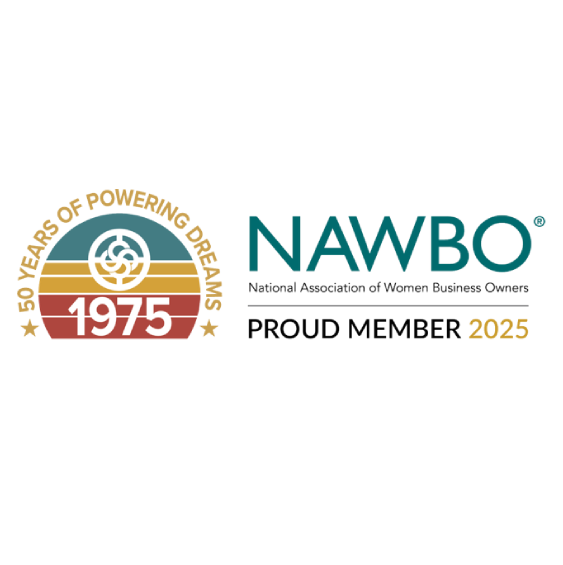
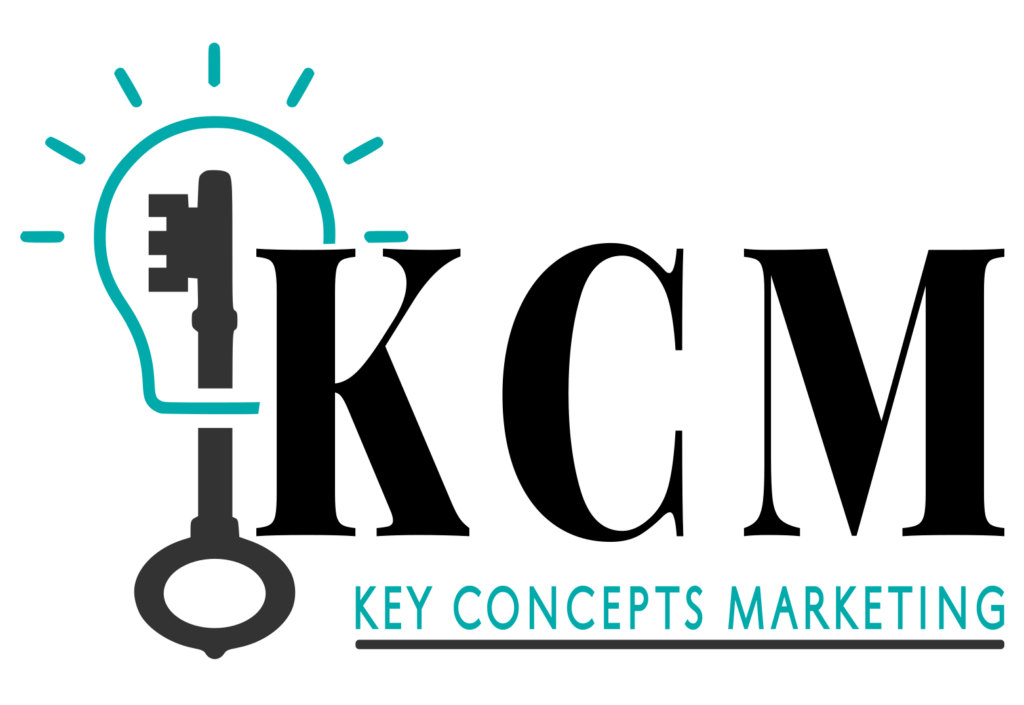
13 Responses